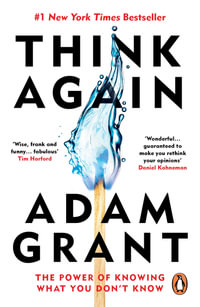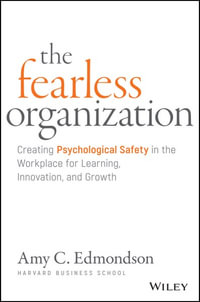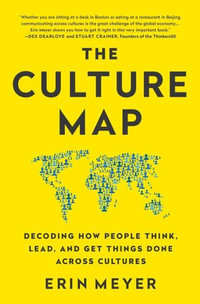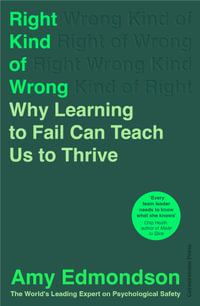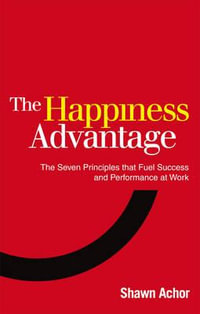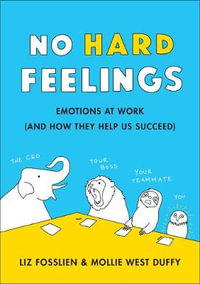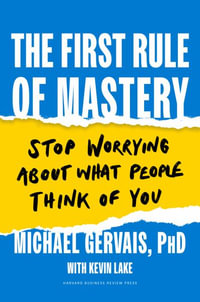Bullish on Uncertainty provides rare insight into the secretive world of Wall Street high finance, which has shaped influential business, governmental, and cultural leaders and keeps supplying new business practices to other organizations in dynamic and complex environments. The book studies how two highly successful Wall Street investment banks managed the uncertainty of their high-velocity environment through different work practices. One bank chose the familiar route of decreasing bankers' uncertainty. The other bank used the novel and effective practice of increasing bankers' uncertainty to make them more alert to new situations and more likely to draw on the bank's entire range of resources. The book explains why the two banks differed in their ability to notice market changes and adapt to them. It thereby illuminates current events in the financial markets. Through vivid accounts of newcomers during their first two years, the book traces how the two banks' initially similar participants were transformed into fundamentally different kinds of persons by the different kinds of work practices in which they participated.
Industry Reviews
"Investment bankers and investment banks have long shrouded what they do under a veil of mystery that has made serious study of the people and institutions difficult if not impossible. This is unfortunate given their deep importance both to our culture and our economy. Bullish on Uncertainty makes a significant contribution to our understanding of what drives the success of the best of these organizations." --Jonathan A. Knee, Senior Managing Director, Evercore Partners "Alexandra Michel and Stanton Wortham have provided a stunning illustration of the intricate inter-play between culture and human development in what might at first appear to be the most unlikely of conditions: the changes in adult bankers who enter contrasting banking organizations. Leveraging the fact that one bank adopts an individual-oriented set of practices that map onto the assumptions of standard cognitive psychology, while the other adopts practices that emphasize interdependence in a community of practice, they provide a level of empirical specificity that makes for compelling reading and sets a new standard that should be a beacon for the development of both theory and practice in the years to come." --Dr. Michael Cole, University of California, San Diego "This brilliant study provides some quite counter-intuitive insights into how we function in today's cutting edge organizations and of how these organizations change us. The range and depth of scholarship generate a new level of understanding of the psychological and organizational forces at work in today's economy." --James V. Wertsch, Washington University in St. Louis



